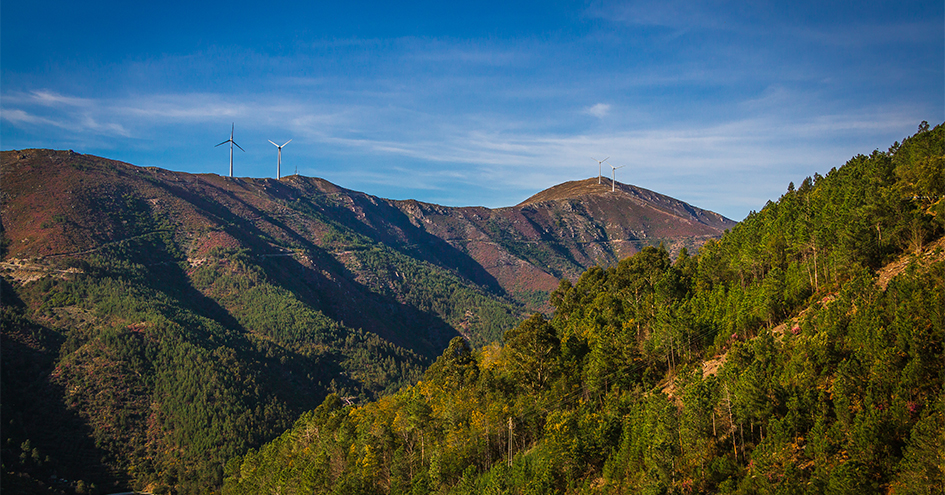Food sector activities are closely linked to biodiversity issues. As experts in the sale of perishable products (e.g., meat, fish, fruit and vegetables), we know we depend on biodiversity and ecosystem services, and the impact we have on them. Risks related to ecosystem services are assessed in accordance with the Ecosystem Services Review methodology proposed by the World Research Institute. It is on the basis of this approach that we defined 11 priority action areas (e.g., agricultural crops, pollination, animal production, fish caught and aquaculture), based on the dependencies and impacts on ecosystem services of the activities of the Group Companies and their value chains.

We are committed to helping preserve ecosystems and working to reverse biodiversity loss. This commitment begins upstream of our operations, in collaboration with perishables and Private Brand suppliers, is top-of-mind in our operations and continues downstream, ensured by providing support for ecosystem conservation and restoration projects and raising employee and consumer awareness on these topics.
Our biggest opportunity to make a positive impact is in the way we buy the products we sell. Given that the main impact on biodiversity occurs in primary production, we have cross-cutting programmes in place to help us follow best practices when selecting and monitoring suppliers, fighting deforestation, promoting sustainable agriculture, in implementing a sustainable fishing strategy, and selling sustainable products certified by external and independent entities1.
We have also established targets in our operations to reduce our environmental impact by reducing energy and water consumption, reducing greenhouse gas (GHG) emissions, and promoting a circular economy.
We also carry out specific actions to protect biodiversity. In 2023, we invested more than 610,000 euros to support 14 projects (8 in Portugal, 4 in Poland and 2 in Colombia) focused on restoring natural habitats, protecting biodiversity and raising environmental awareness. With regard to the initiatives featured in the table below, we also use the IBAT Alliance tool to assess proximity to protected areas, key biodiversity areas and the conservation risk2 of species that live near them. This assessment complements our monitoring of the progress of these projects.
Biodiversity protection and ecosystem regeneration projects of note3
Institution |
|
Project |
|
Description |
|---|---|---|---|---|
Associação Floresta Serra do Açor |
|
Reforestation of the Açor mountain range |
|
Project launched in 2020 by the Jerónimo Martins Group, in partnership with the Arganil Town Council, the Coimbra School of Agriculture and the common landowners’ associations, to preserve and enhance the landscape devastated by the forest fires of 2017. It involves the reforestation of an area spanning 2,500 hectares over a 40-year period. The project is implemented in the protected landscape area of the Açor mountain range and is close to the Lousã mountain range, a protected area part of the Natura 2000 network. A total of 697,000 trees have been planted since the beginning of the project. |
ANP – WWF |
|
Green Heart of Cork |
|
Started in 2011, developed and coordinated by ANP | WWF and supported by the Jerónimo Martins Group, this project promotes the conservation of Portuguese cork oak forests and payment for the environmental services they provide. This initiative establishes a platform linking companies to the conservation of cork oak forests and related ecosystem services. In 2023, the Jerónimo Martins Group contributed to the conservation of 803.47 hectares of high conservation value forests, promoting responsible forest management certification and the conservation of biodiversity and ecosystem services. The landowners involved in the project apply good forestry management practices in approximately 45,000 hectares of FSC® certified areas, 30,000 hectares of which obtained certification after our support began. |
Fundabejaz |
|
Protection of bees |
|
Started in 2021, supported by Ara, for the protection and conservation of bees and raising awareness of their importance in ecosystems. In 2023, the Fundabejaz Foundation was able to (i) rescue around 1.2 million bees, which were sent in hives to various nature reserves to recover and stabilise, (ii) deliver 1.8 million recovered bees to beekeepers and farmers and (iii) hold 22 awareness campaigns involving 1,715 participants. Ara also donates sugar as a food source for rescued swarms. |
Salamander – Polish Society for Nature Conservation |
|
Support for endangered species in Poland |
|
This project started in 2021, supported by Biedronka, and was implemented in cooperation with environmental organisations specialised in the protection of six endangered species: wolf, lynx, European bison, dolphin, Eurasian pygmy owl, and European hedgehog. Two initiatives are of particular note in 2023, (i) the purchase of equipment to save hedgehogs in rehabilitation centres run by the NGO coalition that protects this species in Poland, and (ii) support for the development of the Polish Red List of Species website, the result of the work by the IUCN Polish Commission, the Institute of Nature Conservation of the Polish Academy of Sciences, and Salamander – Polish Society for Nature Conservation. |
In the 2024-2026 period, our goal is to identify and quantity the financial effects of the impacts, risks and opportunities associated with biodiversity and with ecosystems.
1 These initiatives are described in more detail in “Sourcing responsibly”.
2 This risk is assessed according to the IUCN – International Union for Conservation of Nature and Natural Resources.
3 More information is available at www.jeronimomartins.com/en/responsibility/respecting-the-environment/biodiversity/.
